“The fires are out of hand,” said Lee Burton of MM Cattle Company, speaking during a brief break as he hurried to move cattle to safer pastures. “It’s a huge deal for this community, but we’re banding together and helping our neighbors.”
On Aug. 2, lightning strikes sparked fires on Bureau of Land Management land about 11 miles southwest of Meeker in Rio Blanco County. The Grease and Lee fires quickly merged, burning along the southern corridor of Highway 64. That same day, the Elk fire was discovered 10 miles southeast of Meeker on private land in the Oak Ridge area.
By Aug. 5, officials raised the national preparedness level from PL3 to PL4, and the Rocky Mountain Area Critical Incident Management Team 3 took control. Governor Jared Polis declared a disaster emergency, mobilizing the Colorado National Guard and two Chinook helicopters for air support.
As of Sunday, the Elk fire had scorched 14,635 acres (9% contained) and the Lee fire 106,672 acres (6% contained). Over 1,000 personnel from multiple agencies, along with 14 aircraft and 51 engines, are battling the blazes.
Impact on the Community
According to the Rio Blanco County Sheriff’s Office, two homes and 13 structures have been destroyed or damaged. Lush hay fields helped save the town of Meeker from the encroaching flames, but ranchers are struggling. Summer livestock pastures in the high country have been heavily affected, with 90% of the Lee fire’s damage on leased BLM cattle grazing land.
Some families face even greater challenges. One sheep ranching family is caught between two wolf packs and fire, racing to move their animals to safety. The fires are also threatening Meeker’s hunting and fishing tourism industry. Outfitters like LKS Outfitters have already canceled trips, losing around $25,000, and may miss the start of hunting season if camp setups are delayed.
Ranchers and Outfitters Under Pressure
“It’s all or nothing for us,” said Jimmy Oswald, General Manager of LKS Outfitters. “Running at partial capacity isn’t an option.” With 78 horses and mules to manage and Highway 13 closed, the pressure is mounting.
On the Clark White River Ranch, the difference between untouched beauty and destruction is stark. While the north side of the White River remains lush, across the bridge lies only charred grass and blackened hillsides. Fire lines saved two large buildings, but oil and gas infrastructure—critical for ranchers during lean times—is also at risk.
Ongoing Firefighting Efforts
Incident commanders are focused on patrolling and mopping up containment lines to prevent further spread. Structure protection remains in place, and as progress is made on the Elk fire, resources will shift to support Lee fire operations.

Katie is a senior who has been on staff for three years. Her favorite type of stories to write is reviews and features. Katie’s favorite ice cream flavor is strawberry.

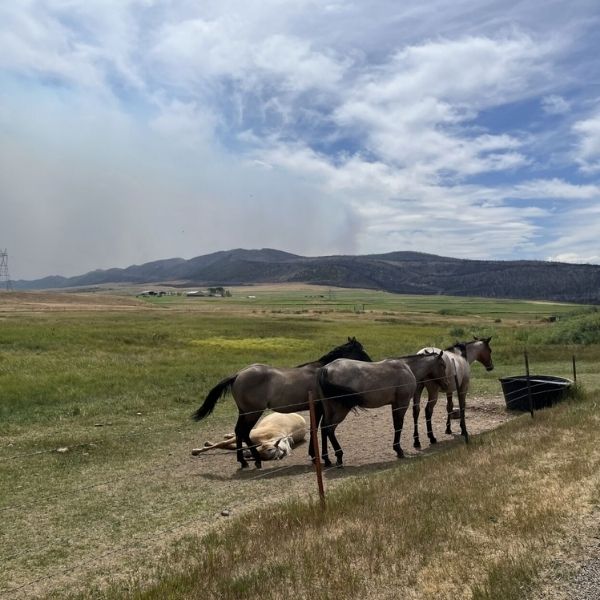



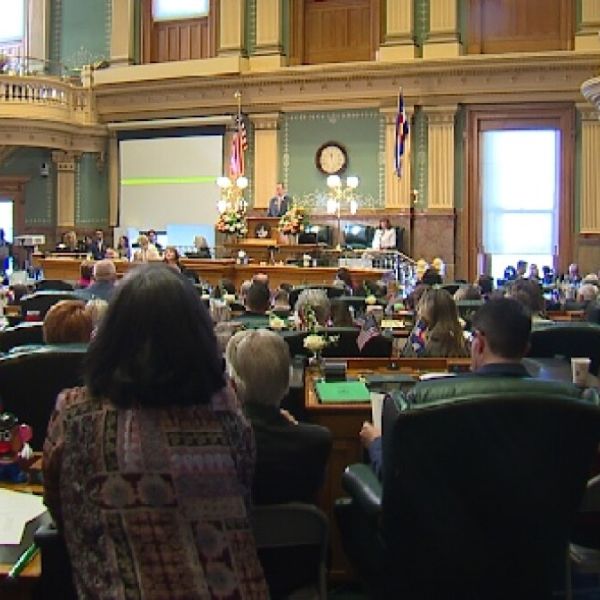
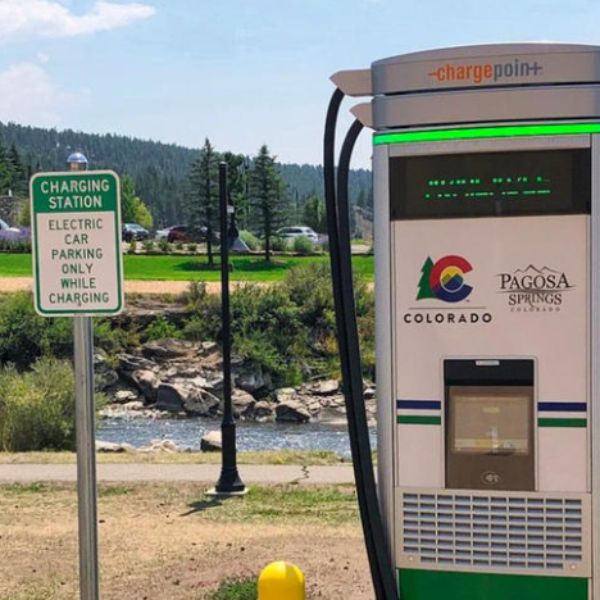

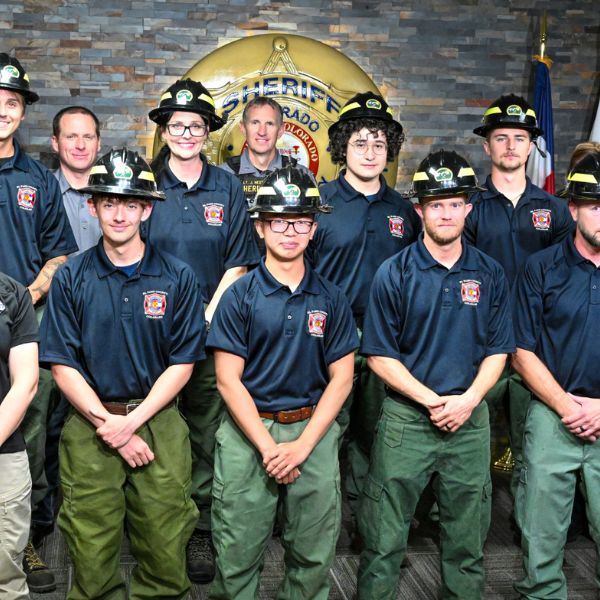


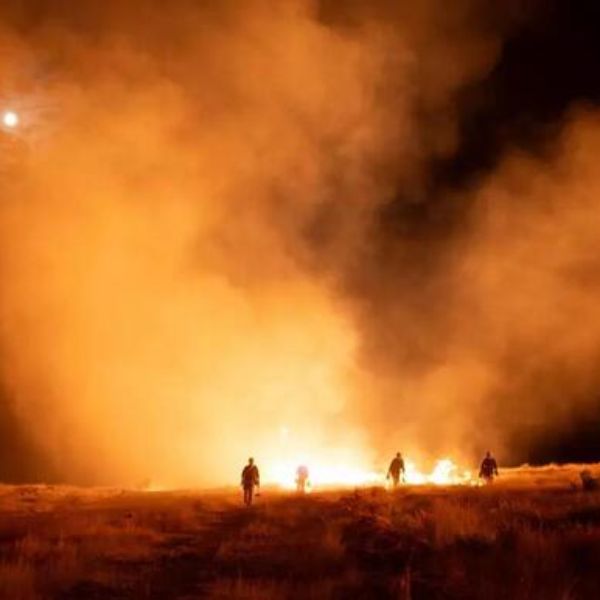



Leave a Reply